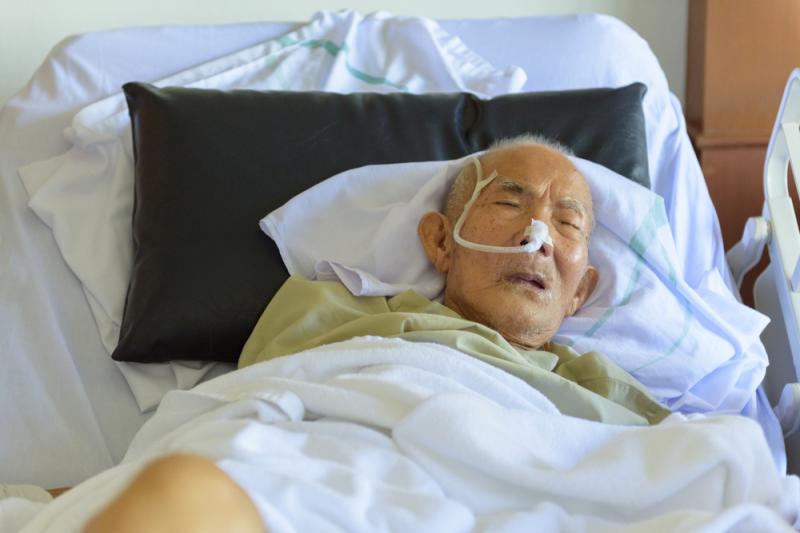
Older patients with high comorbidity scores face greater mortality risks when undergoing pancreaticoduodenectomy, a recent study has shown.
Researchers conducted a retrospective analysis of 6,149 elderly patients (mean age, 64.9±12.3 years) with pancreatic ductal adenocarcinoma (PDAC). The study outcome of interest was 30-day in-hospital mortality.
Overall, the rate of 30-day in-hospital mortality was 3.24 percent. This was higher in patients older than 76 years (4.11 percent vs 2.77 percent). This corresponded to a significantly greater mortality risk in older patients (odds ratio [OR], 1.46, 95 percent confidence interval [CI], 1.07–2.00; p=0.016).
Morbidity, defined as a history of infectious and parasitic diseases, and diseases of the circulatory and respiratory systems, was also a significant risk factor for mortality (OR, 7.16, 95 percent CI, 3.75–13.68; p<0.01). Length of stay also emerged as an inverse predictor (OR, 0.97, 95 percent CI, 0.95–0.99; p=0.006).
The mean length of hospital stay was 13±11 days. This was significantly longer in patients aged >76 years (14.5±10.9 vs 13.1±10.4 days; p<0.001). Age, sex, ethnicity and a history of prior illnesses were found as independent predictors of a longer hospital stay.
“The current study is the largest dataset evaluating the impact of age on the mortality of patients with PDAC undergoing resection,” the researchers said.
“When considering whether to pursue a curative approach, physicians must consider the overall health and performance status of the patient and, while not necessarily a defining factor, patient physiologic and chronologic age are two factors in this overall evaluation,” they added.